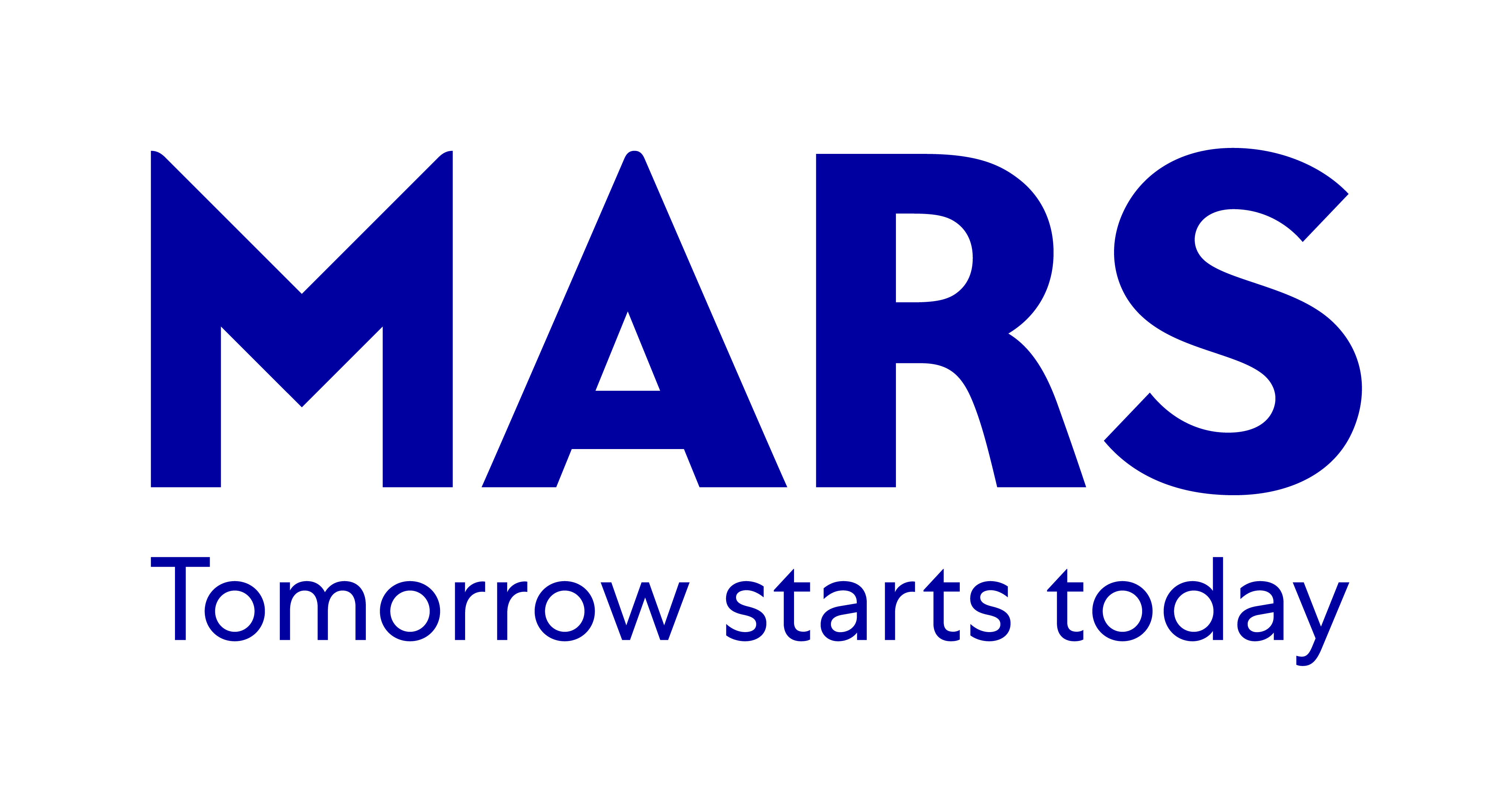Mars Company Profile: A Taste for Sustainability
Confectionary giant Mars is making strides to ensure its vast operations are on a sustainable footing

Mars, the confectionary giant, might seem as though it is from another planet with its lofty Five Principles, which include “mutuality” and “freedom”. How does the company stack up in practice on the corporate social responsibility front?
From a huge wind farm in Texas to a non-deforestation policy, and certification and traceability goals for raw materials, it is clear that Mars’s efforts go far beyond window dressing. Yet the company admits that the nature of many of its products means it also has a role to play in trying to limit the global obesity epidemic.
Based in McLean, Virginia, Mars, which is ranked by Forbes as the third biggest privately owned company in the US, has net sales of more than $33bn a year. These stem from six sectors: chocolate, petcare, Wrigley’s, food, drinks and symbioscience – its health and life sciences sector. Mars has had a UK base since 1932, and today there are about 4,000 Mars employees in the UK. The company employs about 75,000 people worldwide, about one-third of them in the US.
As well as the flagship Mars bar, confectionery brands known across the company’s major markets include Twix, Galaxy (also known as Dove), Snickers and M&Ms. The pet food labels Whiskas and Pedigree, and food brands Uncle Ben’s and Seeds of Change, are among its other well-known products.
In July, Mars outlined progress on a range of sustainable business initiatives – and highlighted areas where major challenges remain – in its fourth annual Principles in Action Summary. Paul S Michaels, co-president of Mars, described it as a “clear-eyed view of both successes and gaps yet to be filled”.
To view the full article, please visit Ethical Corporation here (subscription only): http://www.ethicalcorp.com/stakeholder-engagement/mars-company-profile-taste-sustainability

